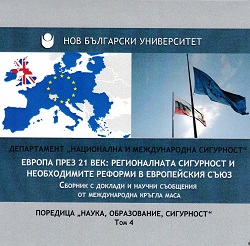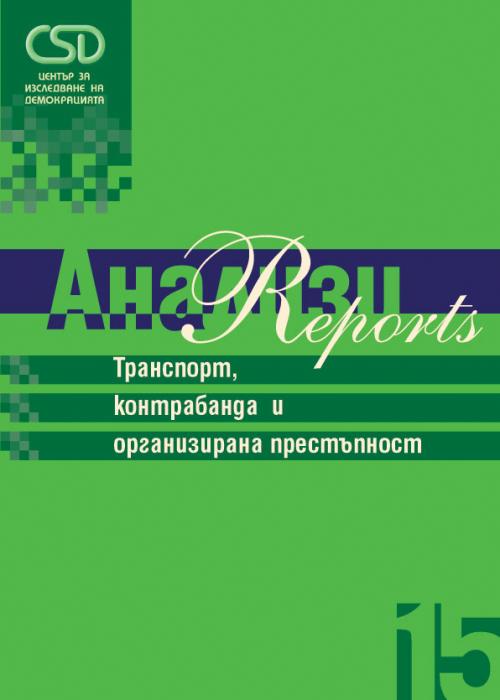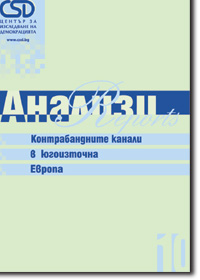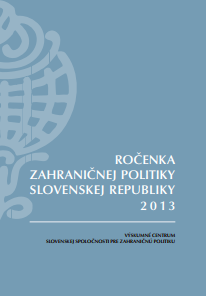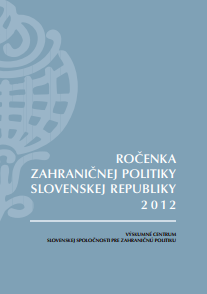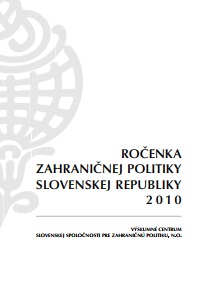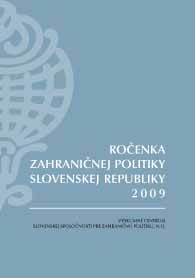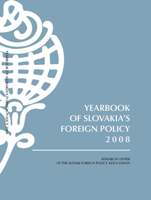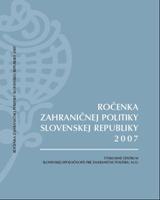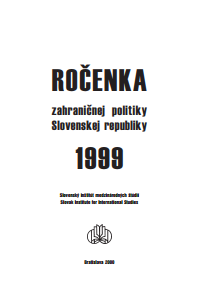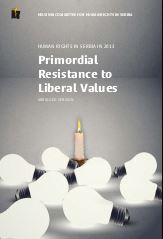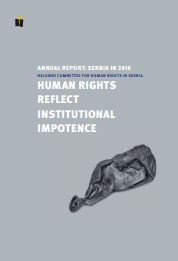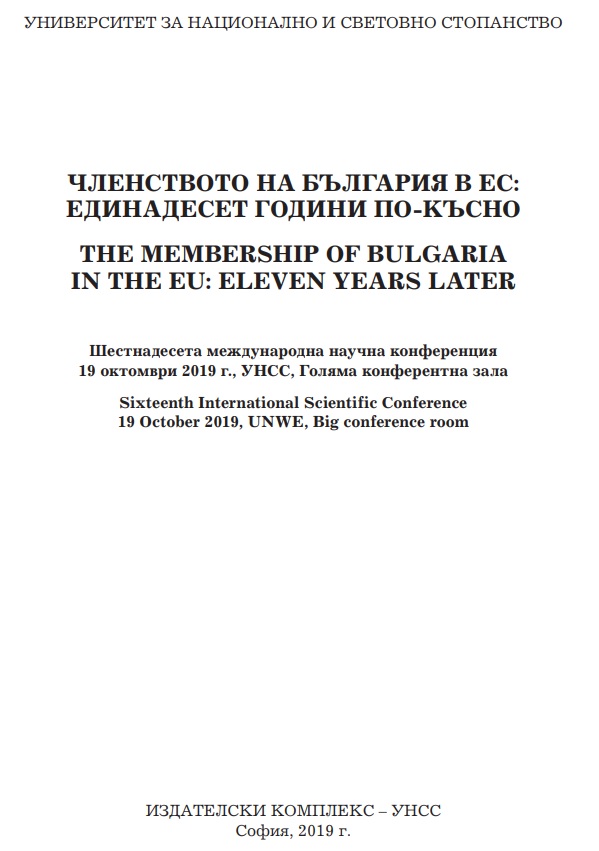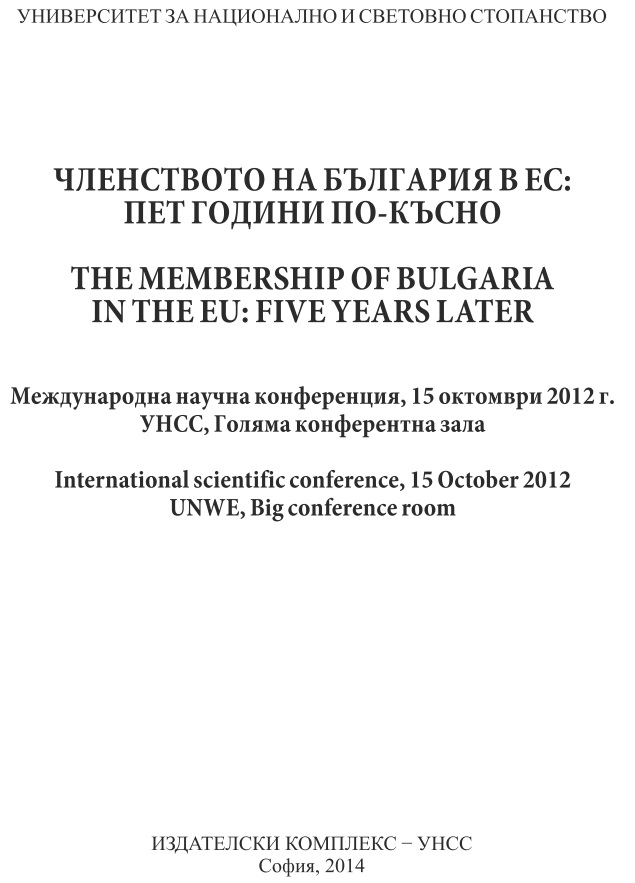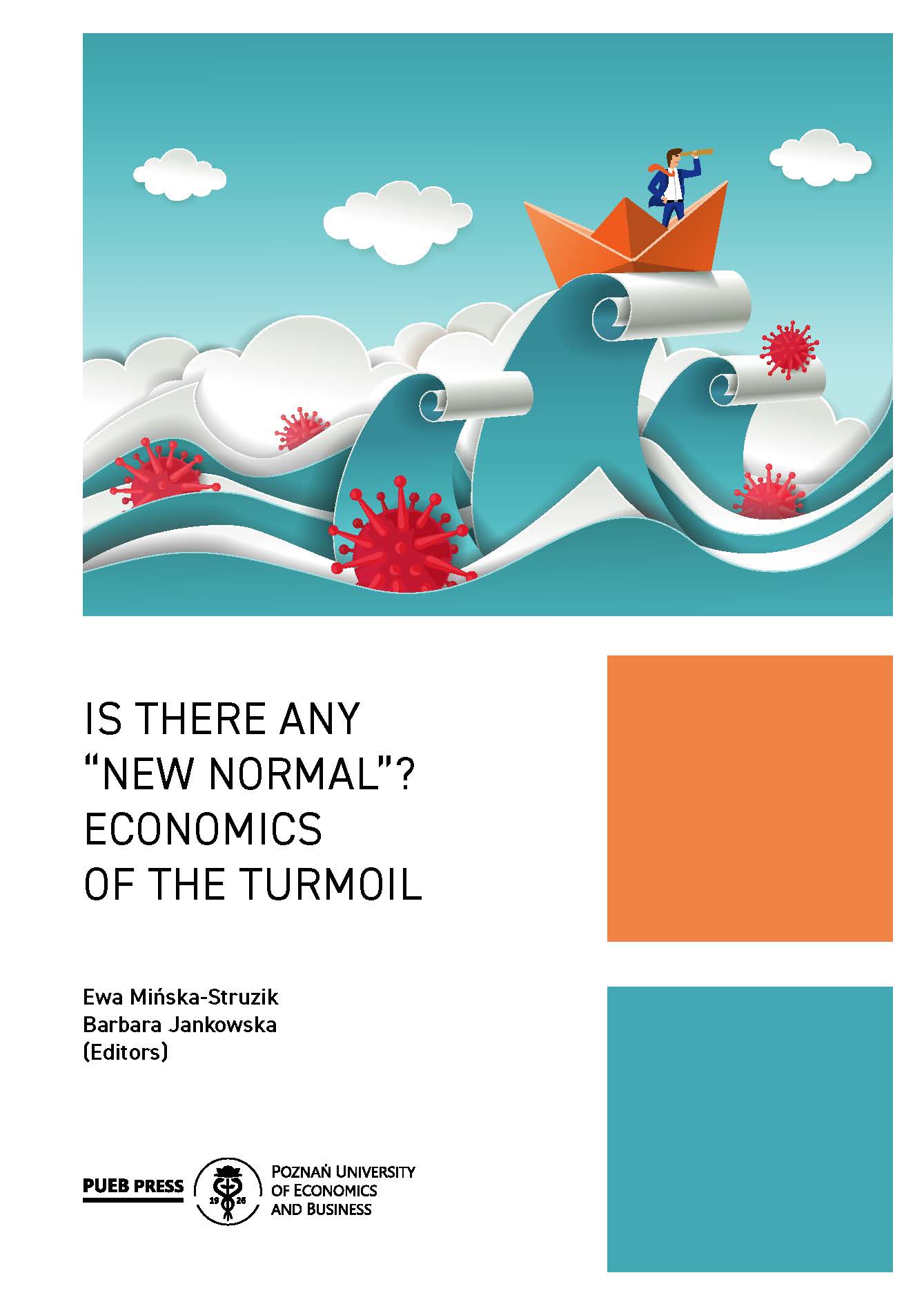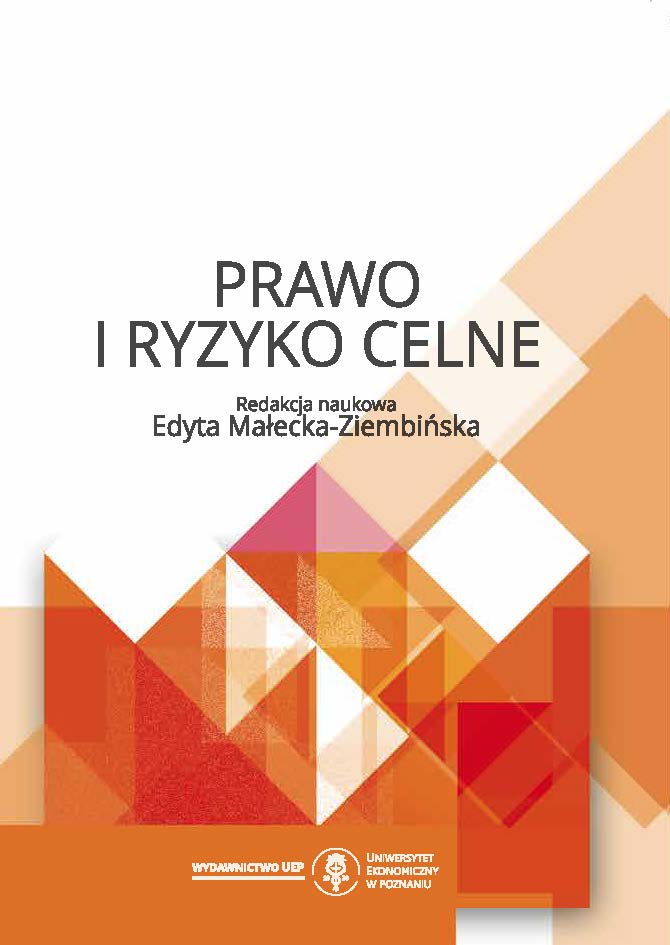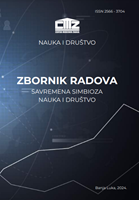Author(s): / Language(s): Slovak
The very first Yearbook of Foreign Policy of the Slovak Republic, published in 2000 and mapping the year 1999, outlined the aim of this unique project as follows: “The demand of society to regularly publish a Yearbook containing opinions and assessments of the state’s foreign policy stemmed from the need to record the development of foreign policy, during a crucial period in the country’s development, in a form accessible to the expert public […] In Slovakia, the requirement to publish the Yearbook is further bolstered by two factors: by an excessive dependency of foreign policy trends upon the current government coalition […], as well as the lack of an official almanac of foreign policy documents. From this perspective, it is a shame that the first issue of the Yearbook is only being published in the eighth year of Slovakia’s existence. We can only take solace in the motto – ‘better late than never’. Probably the best evidence that this aim has been successfully fulfilled is the fact that this year, the Yearbook celebrates its tenth anniversary. During the first decade of its existence, it built and maintained a specific position in public discussion on foreign policy and remained a unique and original source of information, opinions, knowledge, experience, viewpoints, and arguments of the actors themselves, academics, analysts, or journalists with the goal of improving the quality of the decisions made in foreign policy, in order to best serve the interests of this country. We are still convinced that it is necessary to maintain this tradition of regularly evaluating, in book form, where Slovak foreign policy currently is, which important events occurred the preceding year, and what challenges lie ahead of Slovakia in the near future. These were, and still remain, the main goals and objectives of this edition as well and we believe that they will be the same in future ones. In the course of its 10 year life, the Yearbook has undergone a number of changes. It started out as a publication from the foreign policy review conference and then gradually became a publication in its own right, with its own clearly defined structure and base of authors. The Yearbook has had two publishers, three editors, and six different colors on the cover with two graphic motifs. It has been published 10 times in Slovak and 9 times in English. Both language variations came to 3,771 pages, with the contributions of 93 different authors in 139 analyses filling 1,227 pages in the case of the Slovak version and 1,161 pages in the English one. The annexes ‘filled’ 637 or 606 pages respectively. Among the authors were two presidents of the Slovak Republic, four speakers of the National Council of the Slovak Republic, one prime minister of the Slovak Republic, four deputy prime ministers, three ministers of foreign affairs, five ministers of defense and one minister of finance of the Slovak Republic, one high representative and EU special representative in Bosnia and Herzegovina, one representative of the World Bank, eleven opposition and governing coalition MPs and chairmen of the Committees of the National Council of the Slovak Republic, eight academics, twenty-eight analysts, twenty-seven representatives of the Ministry of Foreign Affairs and one of the Ministry of Economy of the Slovak Republic, and two journalists/publicists, while some appeared in the Yearbook more than once holding different posts. Eight proofreaders, ten reviewers, and fifteen members of the editorial board cooperated on the Slovak version. The English version was compiled by sixteen translators and seven different proofreaders. This year’s Yearbook assesses the year 2008 and Slovak foreign policy in an already established thematic structure. It evaluates our conduct in the international environment, the realization of the priority areas of our foreign policy, as well as the efficacy of its instruments and the institutional framework required for its implementation. Based on positive feedback from readers, this year we have also included the insights of the Minister of Foreign Affairs in the introduction. The Minister looked back over the past 12 months from the perspective of the person bearing responsibility for the formulation and implementation of foreign policy in this electoral term. The text evaluates the problems and aspects of Slovakia’s foreign policy, which are analyzed in depth by other authors in the Yearbook. Thus, the reader is given a unique opportunity to peruse the same ‘issue’ from different angles in one publication. The expert section of the Yearbook opens with a contribution by Vladimír Bilčík from the Research Center of the Slovak Foreign Policy Association (RC SFPA) who provides an overview of the fulfillment of the main political, economic, and institutional priorities of the Slovak Republic as a member state of the EU. He analyzes Slovakia’s international behavior, offering a cross-section analysis of the fundamental political priorities of the Slovak Republic in the EU, and also assesses the ability of the country to formulate and promote its interests within the EU. The security policy aspects of our foreign policy are analyzed by Matúš Korba from the Center for Security Studies. In his analysis, he identifies how Slovakia was able to cope in the first five years of its membership in NATO with the challenges of actively participating in the political activities of the Alliance, the military operations of crisis management and the tasks it is currently fulfilling within a transforming NATO. The section focusing on Slovakia’s performance within the international environment is concluded by the text by Martina Hrvolová from the Human Rights, Council of Europe, OSCE, and Minorities Department of the Ministry of Foreign Affairs of the Slovak Republic, who analyzes our first chairmanship of the Committee of Ministers of the Council of Europe. The second part of the book, devoted to the priorities of our foreign policy, opens with a contribution by the Director General for Economic Cooperation and Official Development Assistance of the Slovak Foreign Ministry, Radomír Boháč. In his analysis, he focuses on the fulfillment of the re-established priority of Slovak foreign policy – the economic dimension of Slovak diplomacy – in the context of the global financial and economic crisis and the challenges stemming from it. Ján Petrovič, Director of the Energy Policy Department of the Ministry of Economy of the Slovak Republic, concentrates on an area that is crucial to Slovak policy and that of the European Union – energy security. Freelance journalist Július Lőrincz offers a perspective on Slovak activities in the Western Balkans in 2008 in three areas – economic diplomacy, development assistance, and the issue of Kosovo. The analysis of Slovakia’s Central European activities was, as always, written by Tomáš Strážay, analyst of the RC SFPA, who summarizes the priorities of two Visegrad presidencies – the Czech and the Polish, and focuses on the problematic points of the agenda as well as Slovakia’s contributions during both presidencies. The Director and Head of the RC SFPA Eastern Europe research program, Alexander Duleba, offers a ‘picture’ of the key events, in addition to a brief analysis on the development of Slovakia’s relations with three eastern neighbors – Russia, Ukraine, and Belarus in 2008. The final expert section of the book is devoted to the institutional framework and foreign policy instruments, and opens with a contribution by the Secretary General of the Ministry of Foreign Affairs of the Slovak Republic, Marcel Peško. In his chapter, he looks back at the year the institutional reform of the Ministry of Foreign Affairs was implemented. The expert section of the Yearbook concludes with a contribution by Vladimír Benč and Peter Brezáni from the RC SFPA, who concentrate their attention on the state of the most important bilateral instrument in Slovak foreign policy in 2008 – development assistance. The authors offer their perspective on the institutional and legislative changes, and attempt to provide a summary of the activities concerning Slovak development assistance in 2008. The expert chapters are traditionally supplemented by annexes, such as the chronology of important foreign policy events, selected political documents, a list of international treaties, information on the structure and representatives of the state bodies operating in foreign policy, a list of the diplomatic missions and representatives of the Slovak Republic abroad, the diplomatic corps of the Slovak Republic, information on military missions abroad, and so on. We firmly believe that the tenth edition of the Yearbook will once again find a readership and serve all those who are interested in the past, present, and future of Slovakia and Slovak foreign policy. In conclusion, we would like to express our gratitude to the Ministry of Foreign Affairs of the Slovak Republic for its cooperation on this project and its support, and for the fact that thanks to this cooperation we are able to continue building this much needed tradition.
More...
